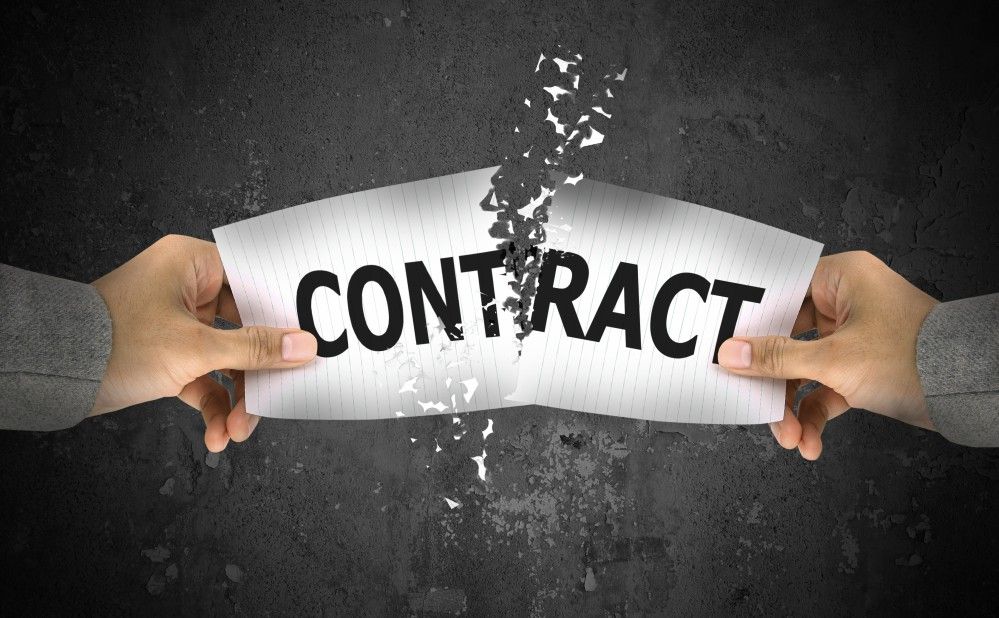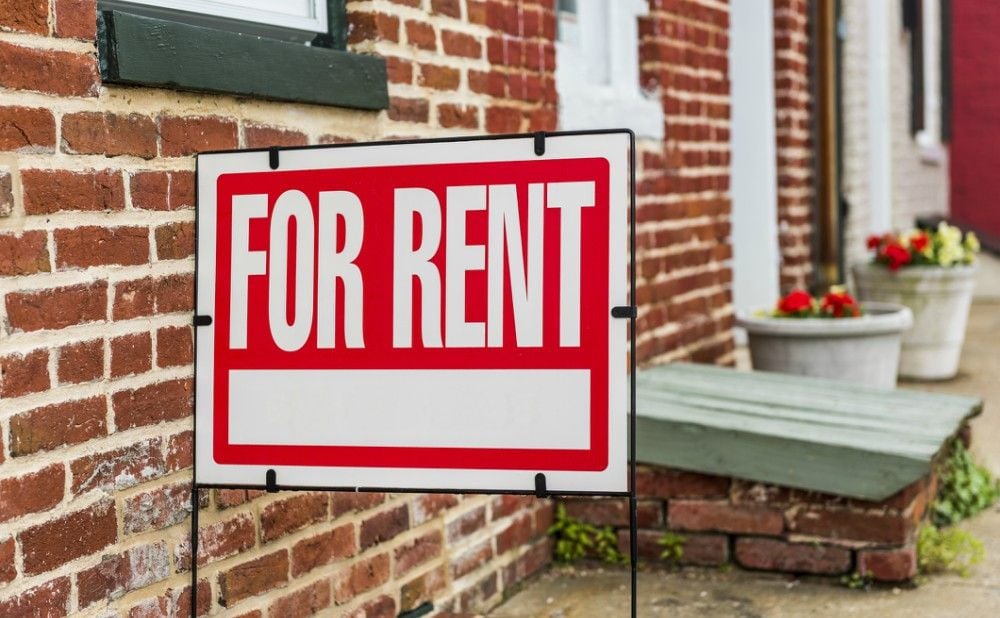
Your Maryland tenant may have a perfectly legitimate reason for wanting to break their lease agreement and move out.
However, as a property owner that earns a living on the monthly rent you collect from your tenant, this type of situation is beyond an inconvenience, regardless of the reason your tenant wants to leave.
When you place a tenant into your investment property, there is a legally binding contract in place outlining the terms of the lease.
Included in this lease agreement are the exact details outlining what constitutes the lease term, what kind of notice must be given should your tenant wish to forgo renewing the lease agreement at the end of their tenancy, and most importantly, the consequences for breaking the lease.
But what happens when your tenant notifies you that they will be breaking the lease and moving out, despite the airtight lease agreement your Maryland property management company drafted up for you?
As a Maryland property owner, it is important you prepare yourself for the sudden vacancy you will face if a current tenant informs you they will be breaking the lease.
That’s why today, we are sharing with you what happens when your tenant initiates an early lease termination, and some of the top property management tips for how best to manage this problem.
What Does it Mean to Break a Lease?
A lease, typically drafted up by an experienced property manager, is a legal contract defining the terms of a tenancy. It includes provisions such as the rent collection procedures, pet policies, ways the property can be used during the tenancy, and whether your tenant is allowed to make temporary alterations to the property.
In addition, a lease agreement will have a section dedicated to what can happen at the end of the lease term.
Your tenant likely has the following options, come the end of their tenancy:
- Move out before the last day of the lease term
- Sign a new lease with either the same, or altered, lease terms
- Stay on as a month-to-month tenant
- Face eviction proceedings, should you want them to vacate the property
However, there should also be a dedicated section detailing what will happen should your tenant decide to break the lease.
Breaking the lease means that for whatever reason – a job transfer, a marriage/divorce, the addition of a new family member, or they simply don’t like the property anymore – your tenants are backing out of their agreement with you to stay for X amount of time.
What Should You Do If Your Maryland Tenant Breaks the Lease?

If your Maryland tenant signed for a one-year lease agreement, and decides to break the lease before that year is up, you have a problem on your hands.
Luckily, with the help of your Maryland property management company, and the airtight lease agreement they helped you draft at the start of your tenant’s lease term, there are some things you can do both before and immediately following notice that your tenant is breaking their lease.
1. Be Proactive

Before your tenants ever step foot into your rental property, they should know exactly what it means to break the lease, and what happens if they decide to do so anyway.
This means that at the time of the lease signing, you or your property manager must diligently go over every provision in the lease agreement in detail, ensuring that all involved parties understand.
Here are some tips even the most novice of property management companies will tell you:
- Inform your tenant that the lease agreement is legally binding
- Explain the legal ramifications for breaking the lease agreement
- Clearly define the lease term start and end dates
- Show the tenant where the lease outlines what happens if an early lease termination is initiated
- Provide the tenant with options – subletting or a lease buyout – to avoid any further penalties
2. Be Stringent With the Break Lease Clause
If you decide to include a Break Lease Clause (sometimes referred to as the Buyout Clause), it is crucial you make sure it entails everything you want regarding breaking the lease.
A typical Break Lease Clause states that either party can break the lease, for whatever reason, with a 60 days’ notice and a two month Break Lease Fee.
This, in turn, will void the rest of the lease agreement, and release both parties from their future financial obligations.
The reason this type of provision is so appealing to property owners is twofold.
To start, it provides a simple solution to a bad situation that can crop up at any time.
Tenants want to break lease agreements for all sorts of reasons. In order to minimize the surprise and costs associated with a sudden early lease termination, the Buyout Clause is a solid, proactive solution that tenants are aware of from the start of their lease term.
In addition, it makes preparing to place a new tenant in your rental easier when you know 60 days ahead of time that your property is going to be vacant, rather than the day of.
This way, you can have your Maryland property manager begin advertising your property, and start the tenant screening process.
3. Re-Lease the Property

Regardless of how inconvenient it is that your tenant has broken their lease agreement early and moved out, as a property owner, it is your responsibility to do your due diligence to re-lease the property as soon as possible.
True, you can use your tenant’s security deposit to cover the loss in rent, and you may even be able to charge a few months’ rent until you can place a new tenant in your property.
However, if you do not actively try to place a new tenant in your rental by way of advertising, showing the property, and conducting tenant screenings, you may find yourself in some legal trouble.
With that in mind, there are some important stipulations your tenant should be aware of:
- Tenants may be responsible for the costs associated with advertising and showing your property
- You do not have to lower the rent rate on your property in order to re-lease it to a new tenant
- Tenants may refer high quality tenants to take their place, but you are not obligated to accept them, or any other prospective tenant that does not meet your criteria
Though it is your duty to re-lease your rental within a reasonable amount of time, you do not have to give the place away in order to achieve this.
No Maryland property owner wants to find out their tenants are breaking their lease. Unfortunately, it does happen sometimes, and is something that needs to be handled properly to avoid further complications.
If you own Maryland rental property, and want help with drafting solid lease agreements addressing early lease terminations, tenant screening that diminishes the chances of your tenant breaking the lease, and other property management services such as rent collection, routine inspections, and maintenance, contact Bay Management Group today.
We can help you with your lease provisions so that every tenant that resides in your rental property is fully aware of what happens when an early lease termination is initiated. In addition, we can help place only the highest quality tenants in your rental property so that the chances of your tenants breaking their lease and moving out are slim to none.
